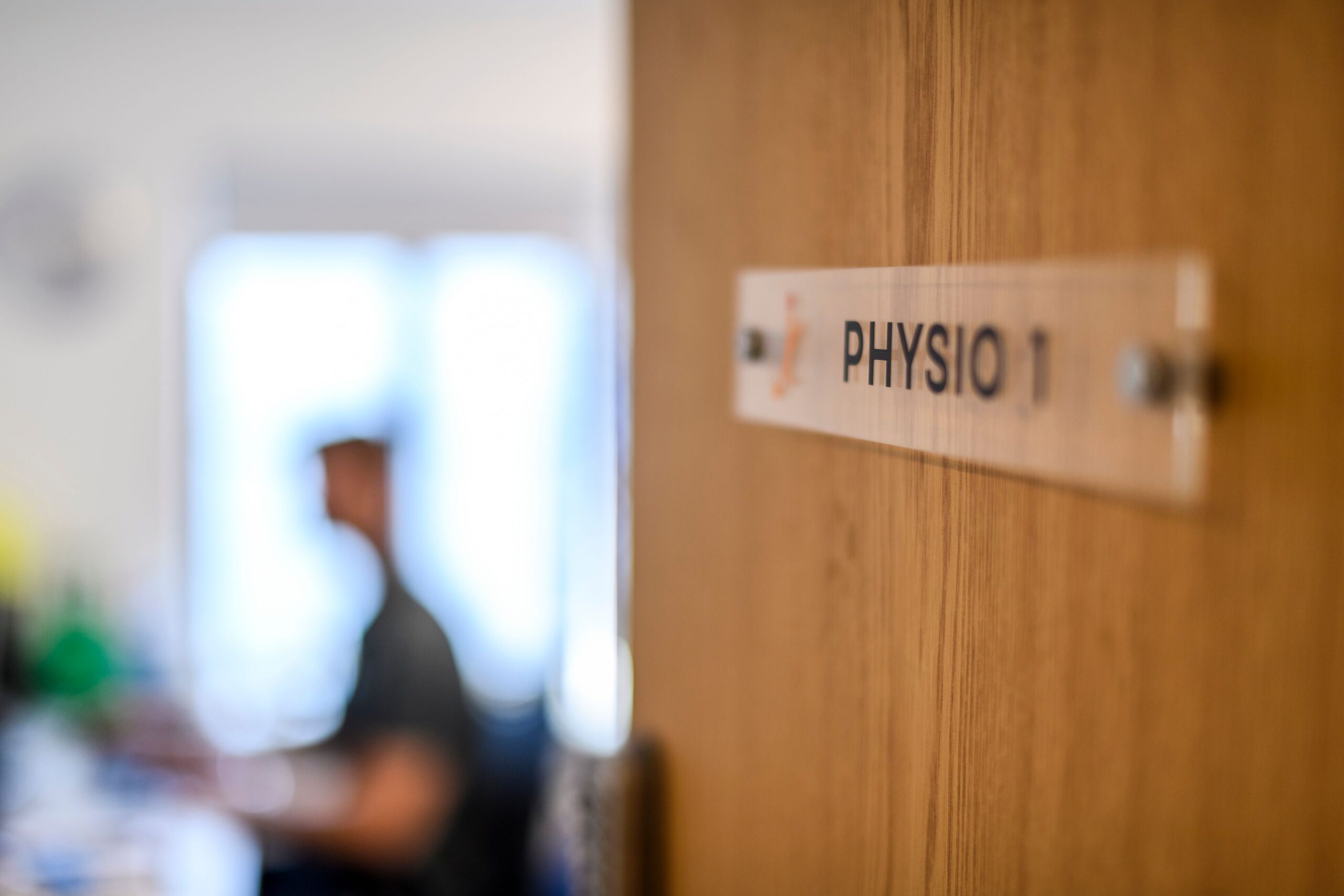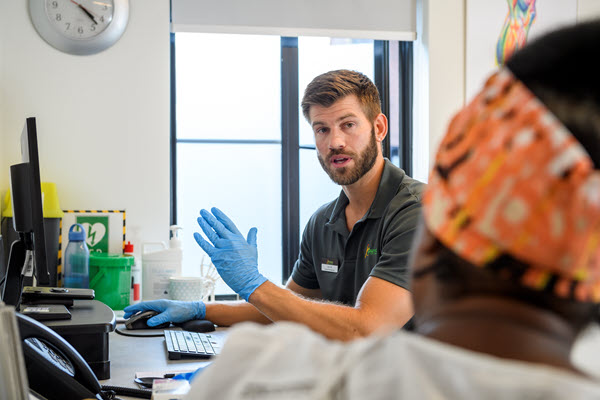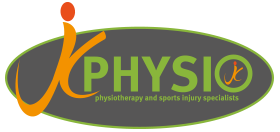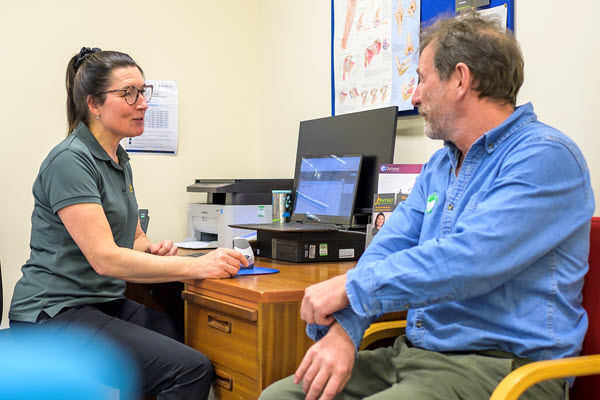What is
Acupuncture?
A clinical treatment derived from ancient Chinese Medicine, based upon scientific research and clinical evidence. Fine needles are inserted at certain sites in the body for therapeutic purposes, primarily for pain relief and muscle release. It can be used in isolation or in conjunction with other treatments as part of an integrated approach to treat pain, inflammation and related conditions.
Many theories have been put forward about how acupuncture works, there is still no definitive agreement or clear scientific explanation. The body’s endogenous opioid system is thought to have a role in immediate pain-relieving; with the release of endorphins, and the limbic and autonomic nervous systems possibly explaining longer term effects. The ‘pain gate theory’ has also been thought to play a part in pain relief.
There is an increasing number of research publications both in the UK and worldwide highlighting the effectiveness of acupuncture when compared to other treatment modalities, such as opioids and exercises.
We can help with:


What to expect from an acupuncture appointment.
Treatment is only offered by physiotherapists at JK Physio who have gained accreditation with the Acupuncture Association of Chartered Physiotherapists (AACP). We follow strict guidelines to ensure your safety at all times.
You may feel a mild pin-prick on the skin, as the needle is inserted. This is not like having an injection or giving blood, as the needle is much finer.
With trigger point acupuncture, sometimes the needle elicits an aching or cramping (the twitch response), but this is usually short lived, and often followed by relief. Generally side effects are non-existent or confined to slight bruising; but may include fatigue, light headedness, bruising, localised blood-spotting, tenderness where the needles were inserted. (It is advisable to drink plenty of water to keep hydrated after receiving acupuncture.)
I had not been to JK Physio before, but will go again without hesitation. My appointment was with Luke Millward, who was very professional and gave good advice. Reception were also very friendly, would recommend. Only wish I had found them before.
Frequently asked questions.
Many people report feeling minimal discomfort as the needles are inserted. Once the needles are in place, patients may feel a mild tingling sensation, warmth, or heaviness at the insertion points or throughout the body, which is considered a sign that the treatment is working.
Yes, when performed by a qualified and experienced practitioner, acupuncture is generally safe. Complications are rare, but it’s important to use a licensed acupuncturist who uses sterile, single-use needles to minimise any risk of infection or injury.
Traditional Chinese medicine explains acupuncture as a technique for balancing the flow of energy or life force — known as qi or chi (CHEE) — believed to flow through pathways (meridians) in your body. By inserting needles into specific points along these meridians, acupuncture practitioners believe that your energy flow will re-balance. In contrast, Western practitioners view acupuncture points as places to stimulate nerves, muscles, and connective tissue, which boosts your body’s natural painkillers and increases blood flow.
Acupuncture is used to treat a wide range of conditions, including chronic pain (such as headaches, back pain, neck pain), nausea, migraine prevention, anxiety, depression, insomnia, and some forms of infertility, among others.
The number of sessions needed varies depending on the individual and the condition being treated. Some people experience significant relief after the first or second session, while others may require multiple sessions over weeks or months to achieve their desired outcomes. Typically, an acupuncturist will suggest a course of treatment based on an individual’s specific needs and adjust as necessary based on the patient’s response to therapy.








